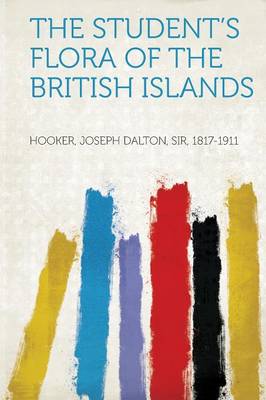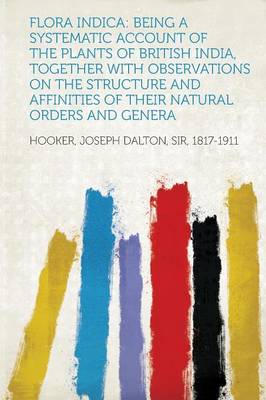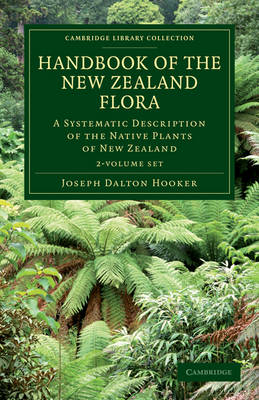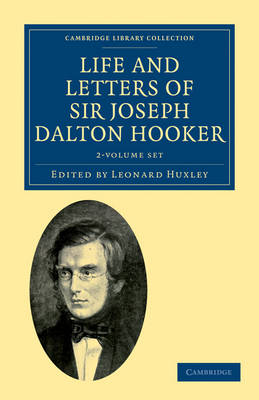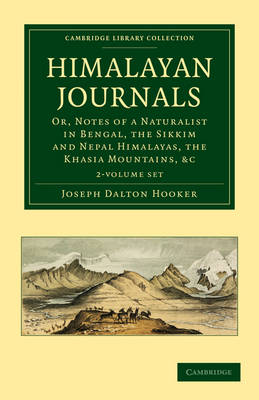Cambridge Library Collection - Botany and Horticulture
4 primary works • 13 total works
Volume 1
Life and Letters of Sir Joseph Dalton Hooker O.M., G.C.S.I.: Volume 1
by Joseph Dalton Hooker
Volume 1
Volume 1
Volume 2
A Sketch of the Life and Labours of Sir William Jackson Hooker, K.H., D.C.L. Oxon., F.R.S., F.L.S., etc.
by Joseph Dalton Hooker
Journal of a Tour in Marocco and the Great Atlas
by Joseph Dalton Hooker and John Ball
Life and Letters of Sir Joseph Dalton Hooker O.M., G.C.S.I.: Volume 2
by Joseph Dalton Hooker
Life and Letters of Sir Joseph Dalton Hooker O.M., G.C.S.I. 2 Volume Set
by Joseph Dalton Hooker

